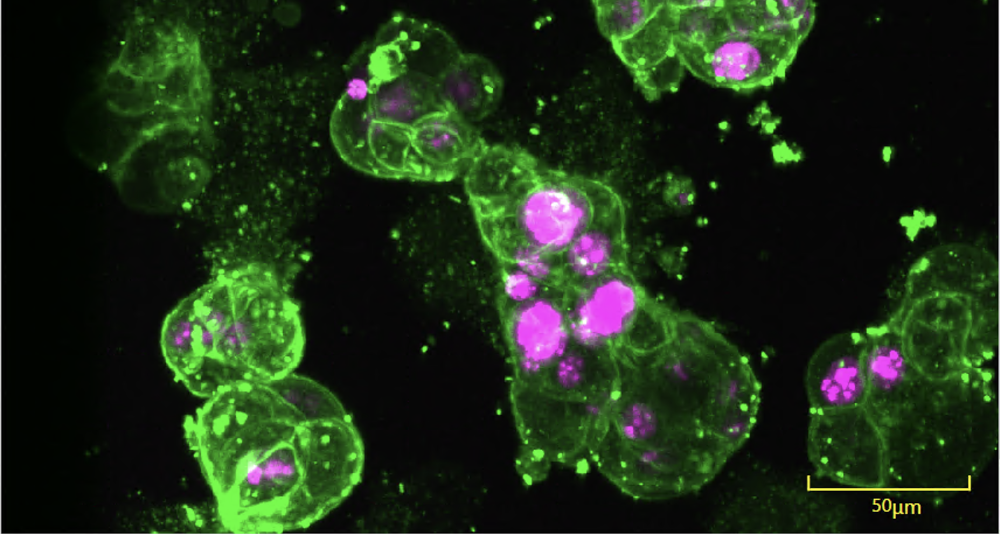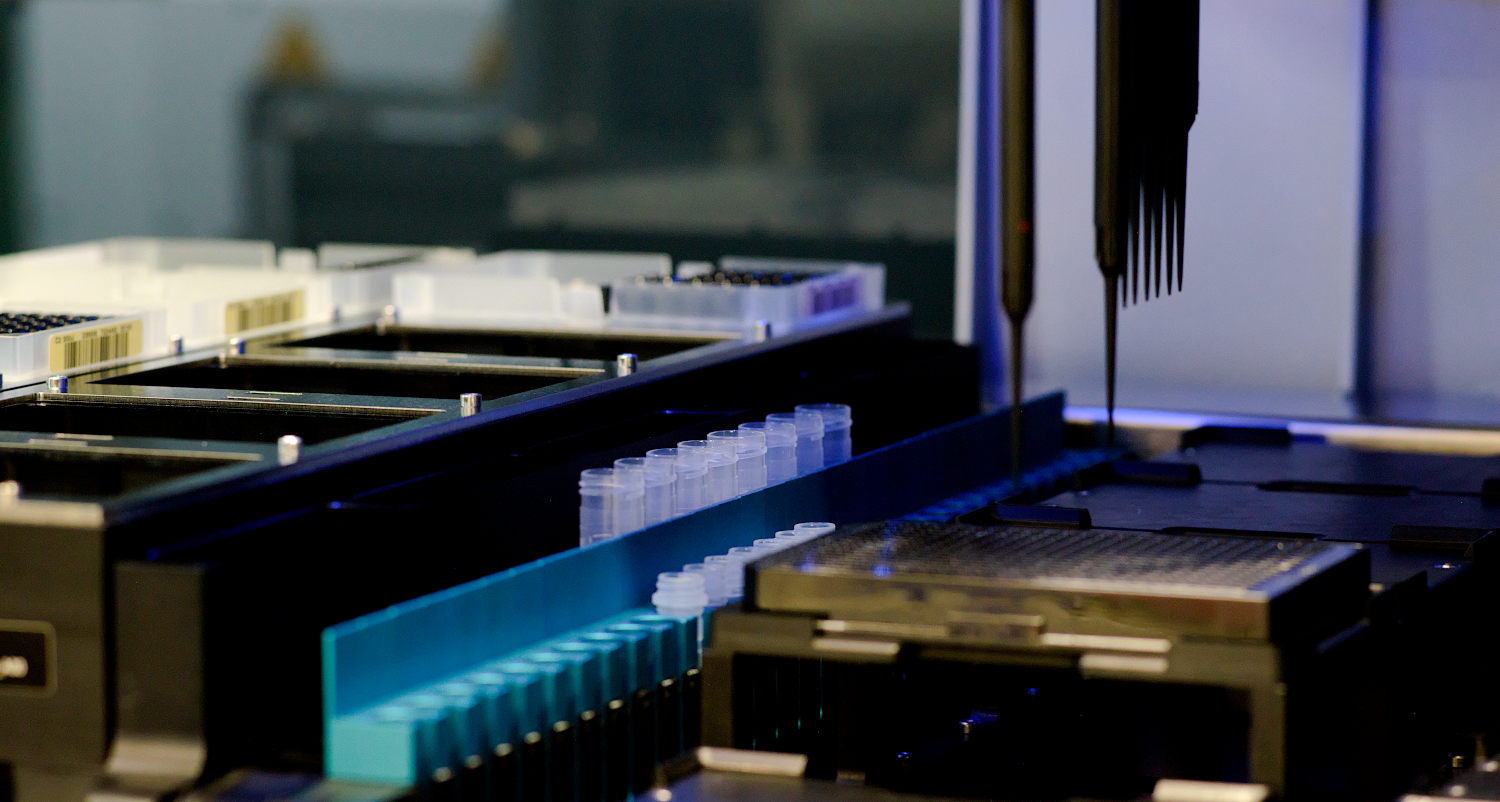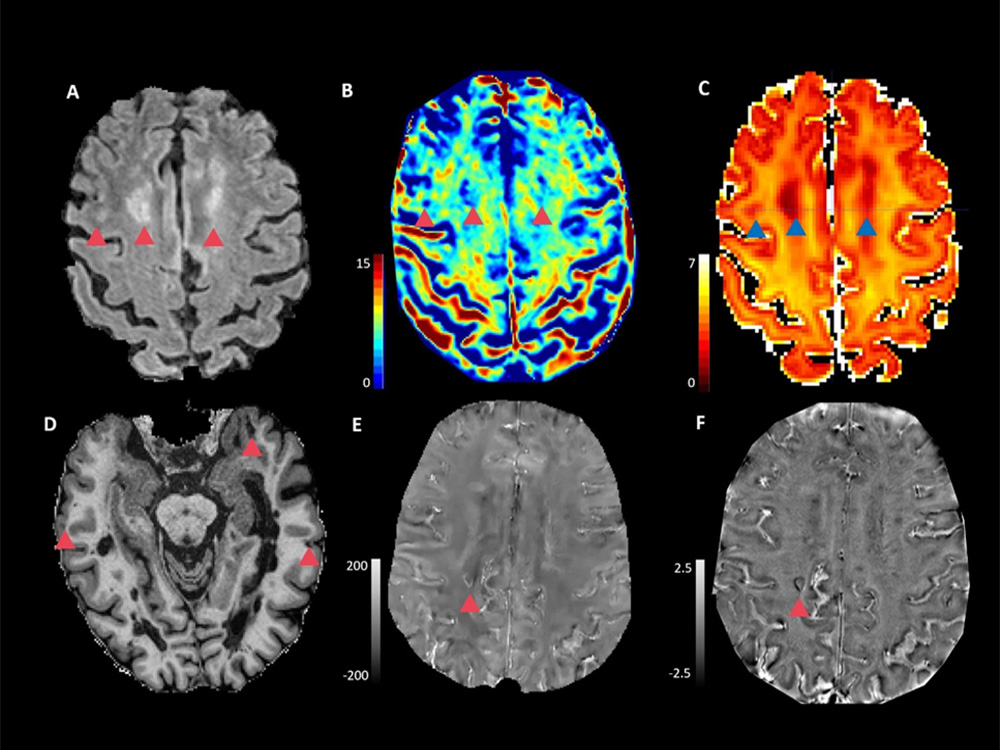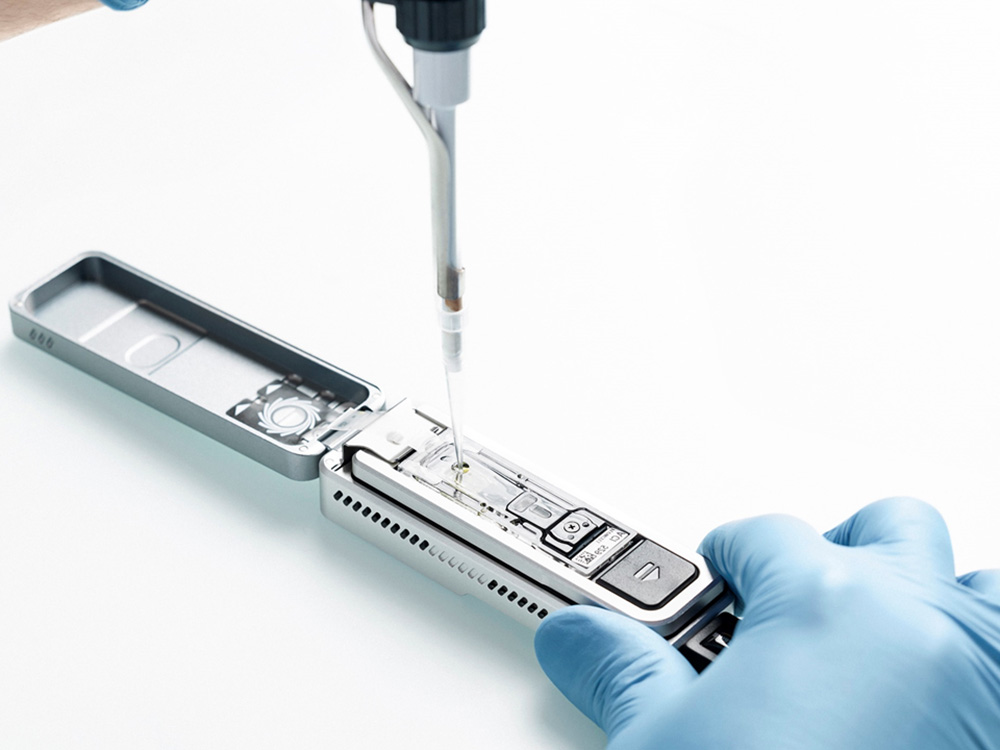Translational Catalyzer

Innovation and new technologies are constantly developed within the research labs of the University of Basel and University Hospital Basel. Together with translational research labs, we coordinate and catalyze efforts to optimize processes, platforms and data integration / interface so that innovative non-routine analytics and decision support with high potential impact in healthcare can be performed and refined up to the point of full integration in the clinical routine.
Activities currently in the Translational Catalyzer:
- Personalized Drug Screening
A Personalized Drug Screening Platform has been established by the group of Prof. Mohamed Bentires-Alj at the Department of Biomedicine. Briefly, patient’s tumor-derived miniature three-dimensional tissue cultures (so called tumor organoids) are grown in the lab and used to test anti-cancer drugs (and combination of drugs) thus allowing the identification of the most personalized and efficacious treatment for an individual patient by testing a wide range of drugs directly on avatars of her/his tumor and providing this information to the oncologists and the tumor boards.
Here the in-depth tumor characterization beyond standard of care and the clinical and translational data interface/integration takes place, bringing treatment decision support for personalized therapies. This will be a direct link to personalized patient care, allowing new treatment opportunities for patients who have escaped standard of care therapies or for which several standard of care exist without a rationale for selection.
Contacts:
- E-Mail: Prof. Mohamed Bentires-Alj, PhD
- E-Mail: Charly Jehanno, PhD
- E-Mail: Shan Yang, PhD
- Personalized Approaches for Chronic Immune Diseases:
Multiple Sclerosis (MS):
In close collaboration with DBE and RC2NB, imaging biomarkers and novel lab tests will be integrated to develop and validate digital biomarkers and innovative methods of information processing and artificial intelligence in the field of multiple sclerosis and other neuroimmunological diseases enabling personalized disease management and finding better therapies and treatment strategies.
In addition in the context of CLINNOVA, a structured and standardized data collection will be established and a federated imaging data sharing infrastructure will be built, tested, and deployed in this area.
Contacts:
- E-Mail: Prof. Cristina Granziera, MD PhD
- E-Mail: Siri Leemann, PhD
Inflammatory Bowel Disease (IBD):
IBD encompasses a group of inflammatory diseases affecting the gastrointestinal tract, having as major representatives Crohn’s disease (CD) and ulcerative colitis (UC). In the context of CLINNOVA, the CLINNOVA-IBD prospective study will provide a structured, and standardized, highly granular dataset that leverages existing procedures from related research projects, such as the Swiss IBD cohort study. Using the federated learning infrastructure established with the CLINNOVA MS Use Case, this study aims to identify clinical, epidemiological, and omics characteristics associated with IBD disease activity that trigger treatment changes in UC and CD patients. Additionally, it aims to enable the phenotyping of these patients based on similar patterns and disease courses.
Contacts:
- E-Mail: Prof. Jan Niess, MD PhD
- E-Mail: Siri Leemann, PhD
- Personalized Infectiology
High quality data patterns, in-depth sample characterization and translational findings can be tested as potential predictive biomarkers and personalized assessment for infectious diseases, where characterization and outcome prediction can be achieved and fed back to the clinic to support clinical decision making. Better understanding via clinical phenotyping and generation of a curated data set with specific feedback loops from data scientists to the clinic will increase the overall data quality and data-driven decision-support in infectiology. A collaboration between Siemens and the University Hospital is already currently ongoing to develop a software for clinical decision support for sepsis prediction and risk stratification. Furthermore, there is interest from Roche diagnostics to test decision making algorithms in this realm.
Contact:
- E-Mail: Bram Stieltjes, MD PhD
- Personalized Paediatric
High quality data patterns, in-depth sample characterization and translational findings have a great potential as predictive biomarkers and personalized assessment also in the paediatric field. These efforts are particularly important and time critical in the context of the funded SPHN National Data Stream SwissPedHealth and the funded SPHN paediatric demonstrator projects and involve a connection of UKBB to the USB DWH.
Contacts:
- E-Mail: PD Julia Bielicki, MD PhD
- E-Mail: Bram Stieltjes, MD PhD
-
Contact information
Cristina Golfieri, PhD
PHB Manager

-
Contact information
Raffaello Ferone, PhD
PHB Industry Partnership Manager










